Venue: International Conference Hall, Tsai Lecture Hall(霖澤館), College of Law, National Taiwan University (1st Floor)
Date: 12th November, 2019
The Risk Society and Policy Research Center (RSPRC) launched our flagship report this month (November 2019), 'Taiwan in Transformation: Initiating a Long-Term Energy Transition', to provide recommendations on the long-term strategies that Taiwan needs to undertake for its long-term energy transition. To launch the report, a media conference and forum was held on 11 November 2019 to introduce the report.
This is the third part of a five-part article which compiles the summary of the event.
Energy Governance Innovation by Prof. Kuo-Hui Chang
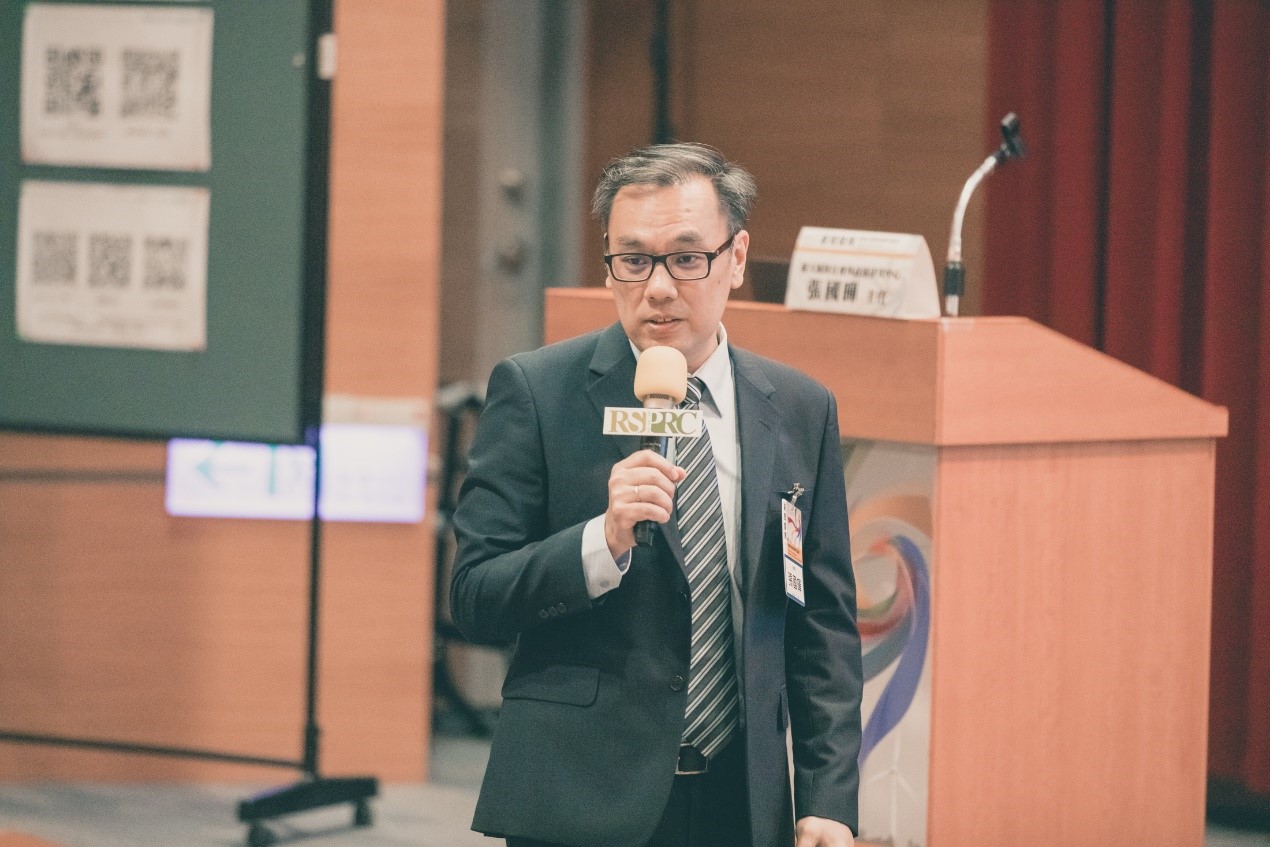
RSPRC Director Prof. Kuo-Hui Chang was the first speaker for the first breakout session in the afternoon. Prof. Chang pointed out that several surveys on the energy perceptions of Taiwanese have found that the general public continues to hold misconceptions on energy issues: even though 82.6% of Taiwanese in the RSPRC's survey last year were concerned about the development of energy policies in Taiwan, 43.6% held the misconception that nuclear is the main source of power generation, and only 32.0% were aware that coal is the main source. Also, 57.0% of Taiwanese were uncertain about Taiwan's 2025 target for renewable energy. In addition, respondents who had greater energy awareness were also more concerned about Taiwan's energy policies and more aware of Taiwan's main source of power generation. They were also more accepting of the implementation of an energy tax.
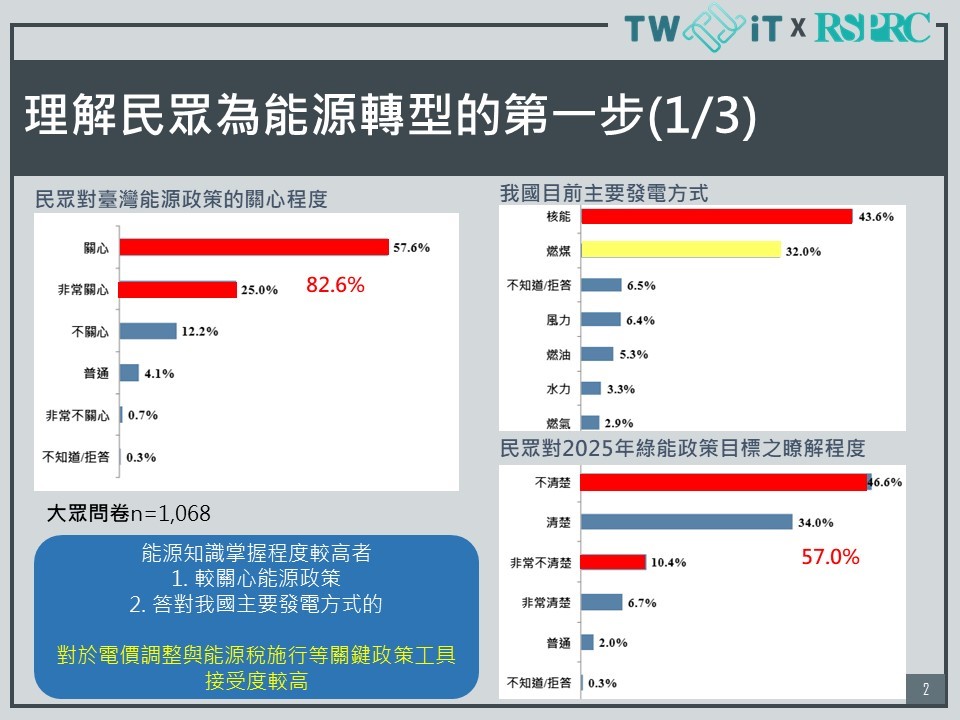
However, the RSPRC's survey also found that 64.9% of Taiwanese indicated unwillingness in participating in online or face-to-face energy courses conducted by the government, and the top two sources in which Taiwanese would rely on to obtain information on energy issues were from television (70.3%) and social media (32.9%). Nonetheless, 34.4% were willing to participate in online and/or face-to-face courses. Taiwanese also indicated willingness to partake in energy communication, and would take to chat applications (40.8%), face-to-face interactions (34.3%), and social media (32.2%) to share information on energy issues.
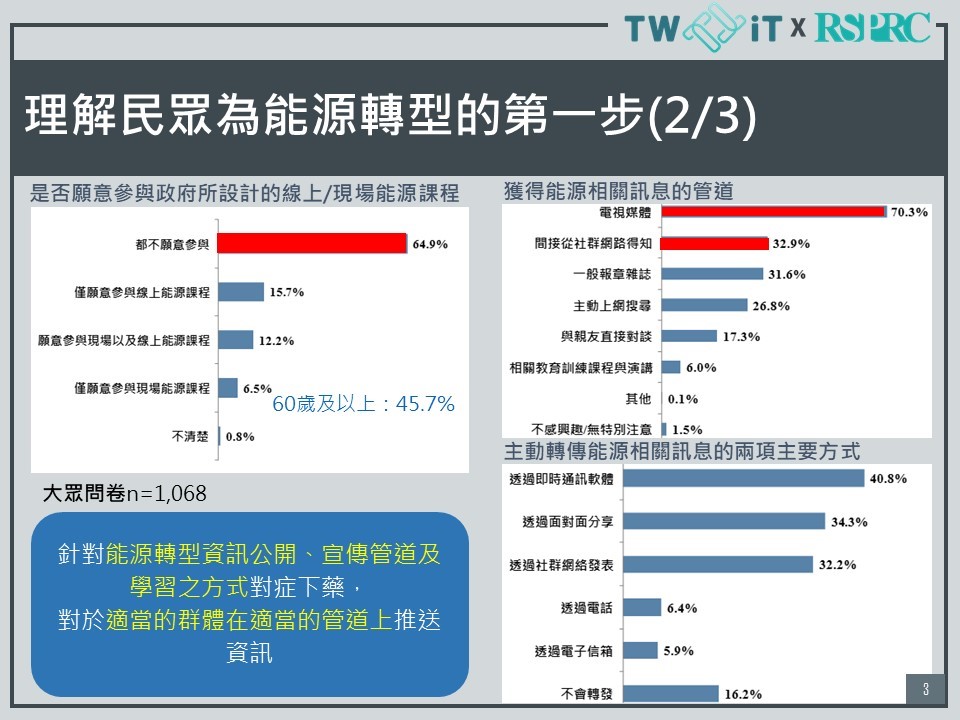
Other than the Committee on Climate Change that the United Kingdom (UK) has set up, Prof. Chang also suggested other forms of participatory governance that Taiwan could learn from, such as from Ireland's Citizens' Assembly, Scotland's Big Climate Conversation, the Netherland's Energy Dialogue, and the participatory climate change initiatives in Belgium. However, the challenges that Taiwan faces in participatory governance is with the lack of energy awareness among Taiwanese, such as on Taiwan's main power generation method, so the quality of energy knowledge which would need to be enhanced.
In order to strengthen participatory governance, five strategies could be adopted: the establishment of a clear transition governance system, the increase of energy literacy, the setting up of a think tank on transformational research, the development of energy participation mechanisms, and the mainstreaming of energy transition. In addition, in order to strengthen local energy governance, local governments need to be empowered and strategies to foster innovation developed.
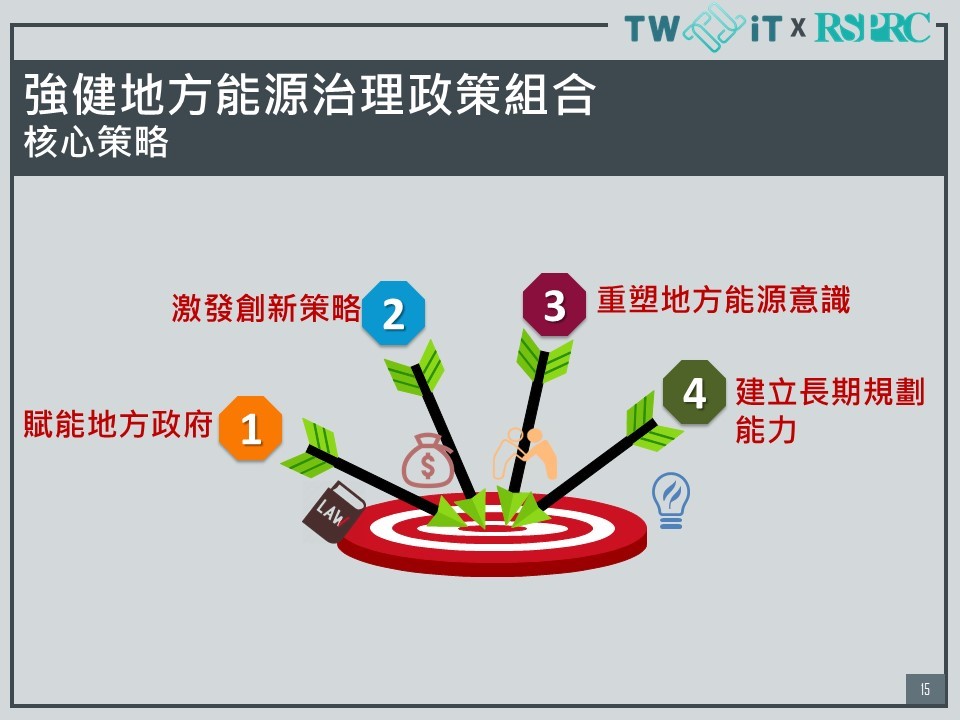
Finally, the following are the near-term, medium-term and long-term strategies to strengthen local energy governance the RSPRC has proposed in our flagship report:
- In the near-term, regulations to promote energy autonomy should be developed, and local residents should be involved in energy conservation campaigns as well as in developing proposals and participatory budgets for energy transition by 2020.
- In the medium-term up to 2025, the rights and responsibilities of local governments should be defined in the Energy Management Act and the Local Government Act, and there should be greater integration of local and national energy projects, as well as an increase in funding.
- In the long-term, living labs should be developed in local communities by 2030, and specific action plans and urban carbon neutral targets should also be developed.
Energy Governance Innovation by Prof. Chien-Ming Lee
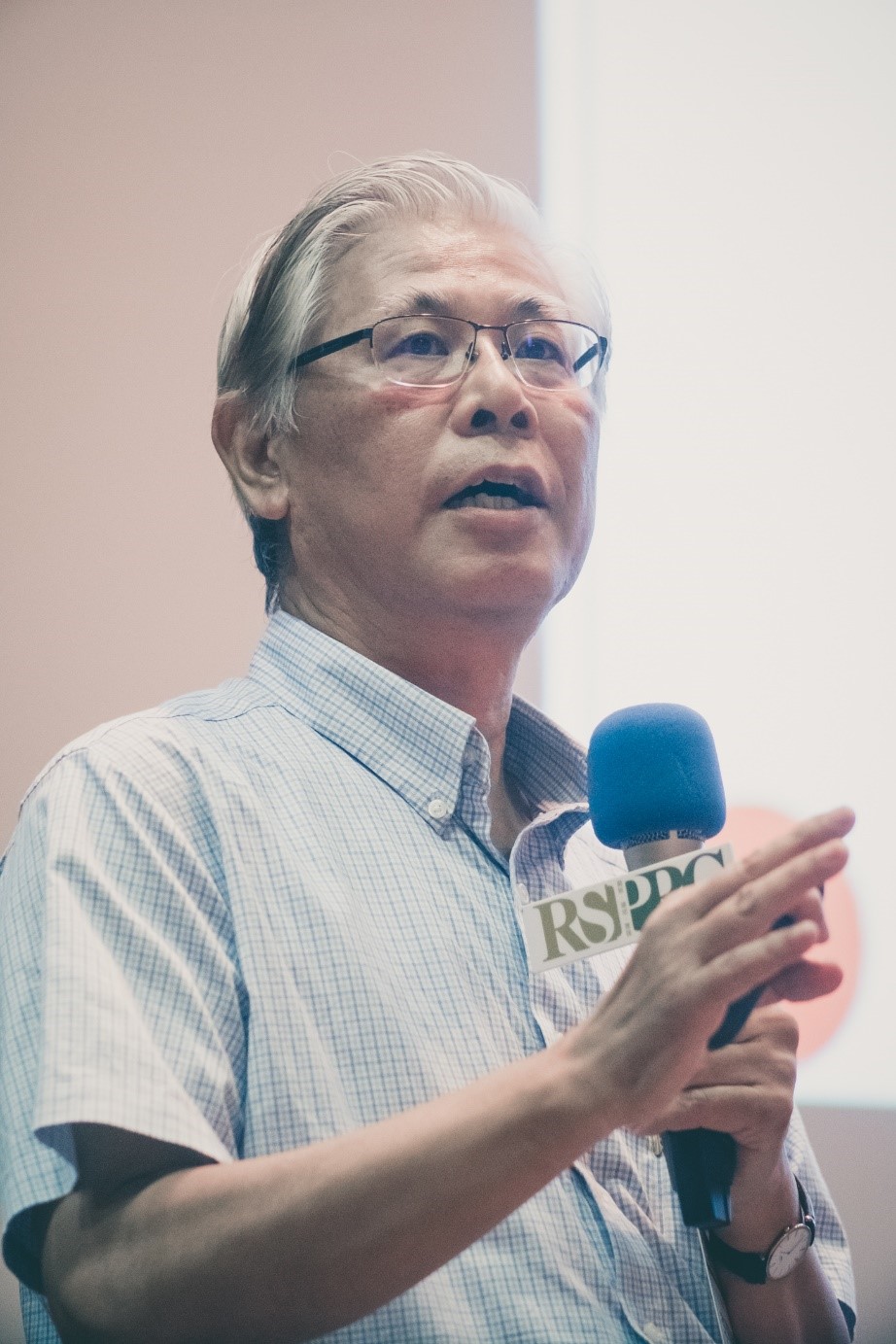
The second speaker, Prof. Chien-Ming Lee from the Institute of Natural Resources Management at the National Taipei University (NTU), pointed to three strategies that need to be adopted for decarbonization, as highlighted in William Nordhaus's book, 'The Climate Casino: Risk, Uncertainty, and Economics for a Warming World': the adoption of new energy technologies, the establishment of a carbon pricing mechanism and the improvement of energy awareness among the general public. However, Prof. Lee pointed out that as current technologies to drive energy innovation might be expensive and difficult to commercialize, carbon pricing would therefore need to be relied on as an interim measure. In addition, he believed that consumers of goods and services play a crucial role in energy transition because their consumption demand is key to motivating producers to take action, and consumers should therefore take greater responsibility.
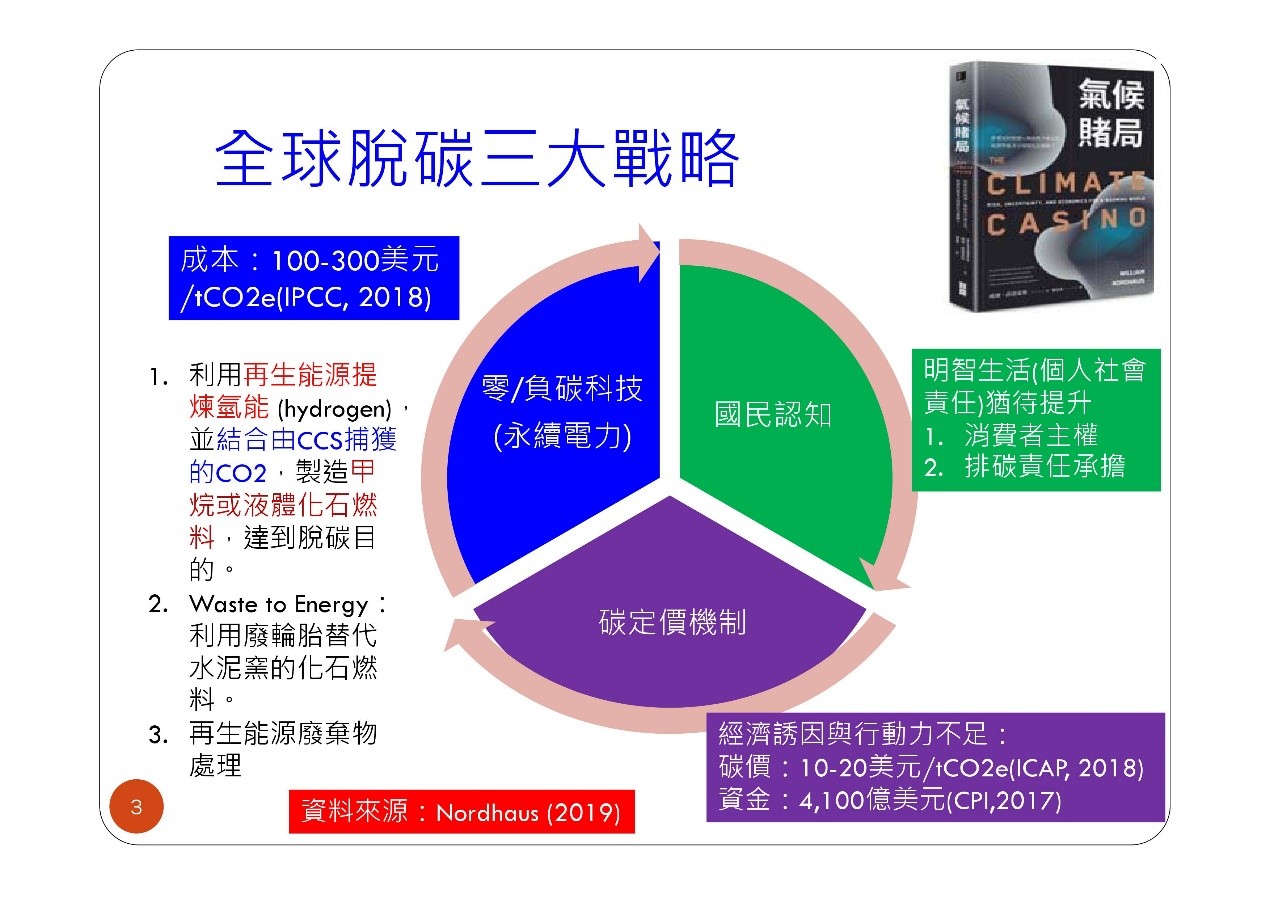
Another report he referenced is the 'Final Report of the High-Level Panel of the European Decarbonisation Pathways Initiative' published in December 2018 by the European Commission, with three broad strategies highlighted on the need for the decarbonization of the energy sector, for energy facilities to be more widely distributed where 'prosumers' will be able to participate and produce energy by themselves, and for the digitalization of the energy system using the Internet of Things and artificial intelligence, so that smart grids can be built for better management of energy demand.
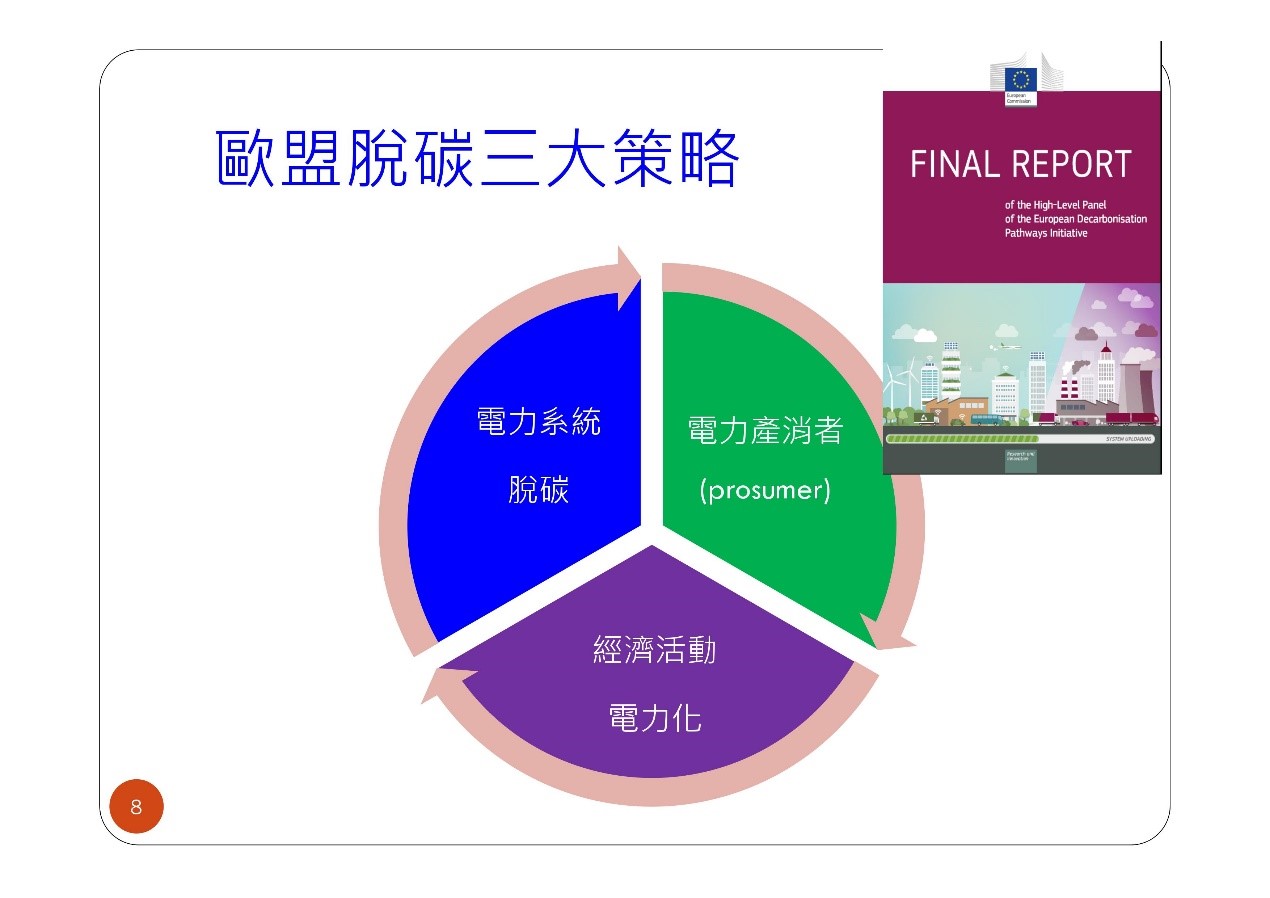
Prof. Lee also briefly went through the history of Taiwan's energy transition, starting with the first National Energy Conference held in 1998 in response to the Kyoto Protocol to the UN Framework Convention on Climate Change, followed by the Renewable Energy Development Act promulgated in 2009, eventually leading to the amendments to the act in 2019 which led to the establishment of Taiwan's renewable energy goal of 27GW by 2025. He also outlined the four strategies that Taiwan has undertaken for renewable energy development:
- Amendment to the Taiwan's Renewable Energy Development Act to incorporate Taiwan's 2025's 27GW renewable goal
- Acceleration of green capital flows and the setting of the Feed-In Tariff for renewable energy at NT$5.8/kWh
- Issuance of the Taiwan Renewable Energy Certificate (T-REC), with 62,752 certificates issued as of August 30, 2019
- Requiring developers to pass the Environmental Impact Assessment (EIA) by end-2017
Prof. Lee pointed out that carbon tax and the emissions trading system have the same effects of emissions reduction, but on whether carbon tax or carbon pricing as part of an emissions trading system should be adopted, this would depend on the environmental effectiveness. He pointed to Nordhaus's book which pointed out that while carbon tax is a more financially stable mechanism, emissions in such a situation cannot be easily controlled, and even though an emissions trading system would result in carbon price fluctuations, it would allow for emissions to be more easily controlled. Prof. Lee added that as global warming is a global issue where there are great externalities, there is therefore a need for international cooperation in developing an emissions trading system, in order to prevent the issue of free riders.
Turning to carbon tax, Prof. Lee pointed out that the implementation of a new taxation system would face public resistance and any carbon tax implemented would therefore need to be low at the start, with the tax increased in a phased-in manner, though this would therefore require greater energy communication. He also highlighted the inefficiency of Taiwan's energy governance, in that even though the 1998 National Energy Conference laid the foundations of Taiwan's energy communication, Taiwan has still not implemented an emissions trading system as of today.
Finally, Prof. Lee pointed out that green capital is a powerful mechanism for sustainable development, and that the UK Green Investment Bank (GIB) has projected an average rate of return of 10% on its portfolio of green investments. However, Prof. Lee explained that in order to accelerate green capital, companies would face risks and it would therefore be necessary to provide subsidies for companies to develop green energy.
Energy Governance Innovation by Wei-Chieh Lai
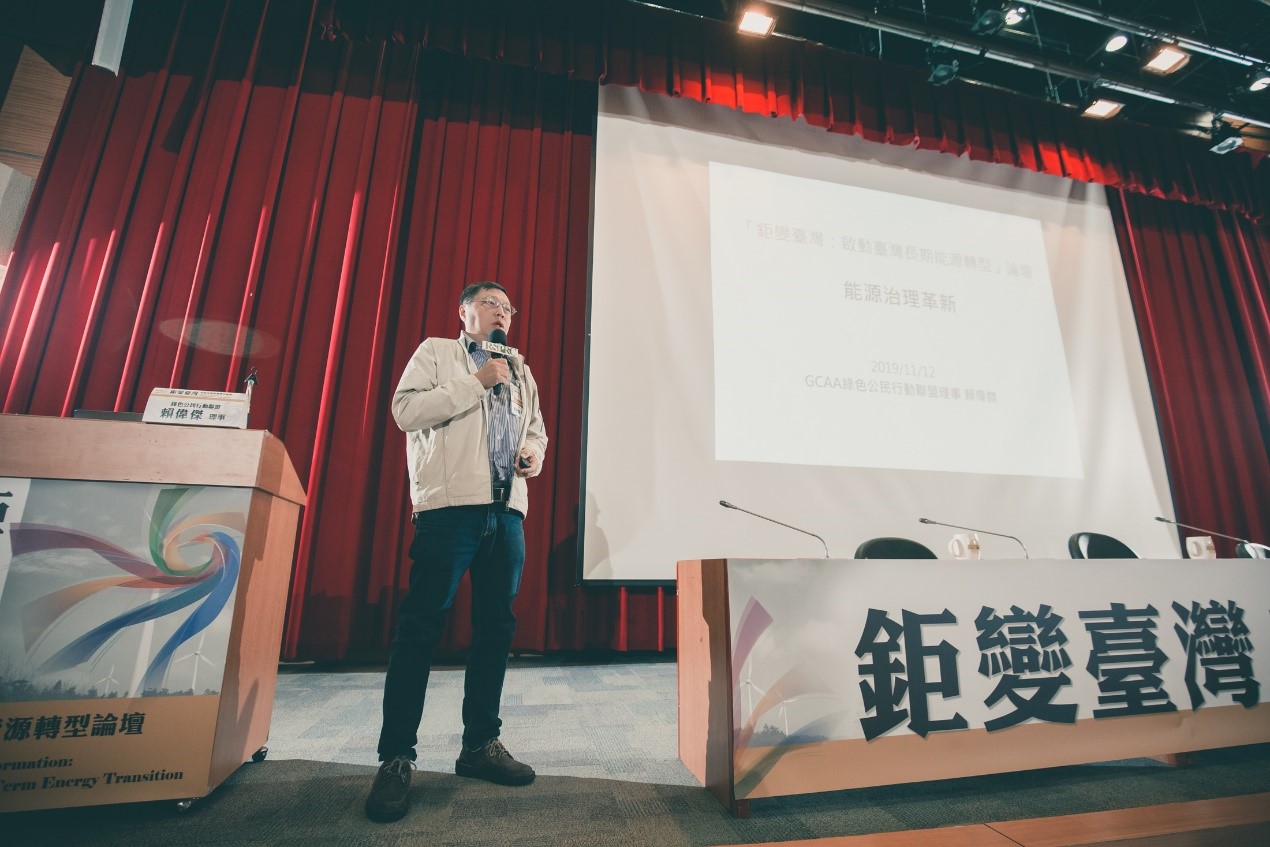
The third presentation for this session was given by Wei-Chieh Lai, Chairman of the Green Citizens' Action Alliance. Mr. Lai shared that local governments did not initially give too much thought to climate issues, but as interactions with local community groups grew, it resulted in them thinking about questions such as carbon tax, and how local governments should shoulder the burden of energy development. In fact, Mr. Lai shared that Taiwan's local governments are interested to play a more active role to address climate change. However, they are also of the belief that local strategies should be planned from on a broader scale, such as in terms of the impact to agricultural development on a regional level, and not just on a local one. Costs and the availability of resources is also another important issue local governments flagged out. In addition, while energy literacy needs to be enhanced among the general public, Mr. Lai emphasized that improving the energy literacy of local government officials is also important as many of them still lack adequate knowledge on energy issues. For example, some local government officials are still at the stage where they are questioning the necessity of renewable energy.
Mr. Lai also pointed out that the government, industry and academia are giving out conflicting information and that an information booklet on the different conflicting issues should be developed in order to prevent misinformation from being spread. He pointed out that many local governments are not only uncertain about the state of renewable energy development in Taiwan, they are also unaware of how they plug into the overall economic development in Taiwan, which therefore acts as a barrier to the overall transformation of Taiwan. Mr. Lai also pointed out that when it comes to energy governance, Taiwan is still inexperienced, and local non-governmental groups (NGOs) would therefore need to work with local governments to enhance energy governance.
In addition, in terms of energy transition, local governments should not be focused only on singular issues such as only on energy conservation, which is why NGOs have developed indicators and targets in which local governments should work towards. Local governments were assessed on the indicators in 2015, and again in 2018 with a broader set of indicators. However, the NGOs found out that instead of being able to assess local governments, the inadvertent effect was that they have instead become a conduit in which to allow the local and central governments to communicate. Eventually, the role that the NGOS played were to act as a voice for local governments to obtain more information from the central government, Mr. Lai said.
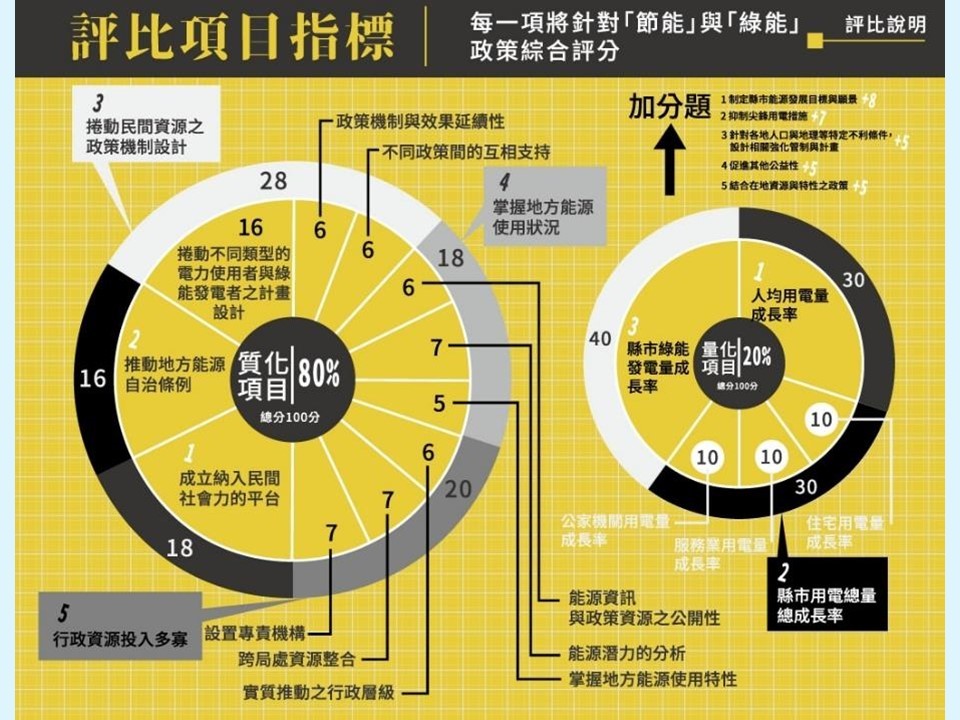
Mr. Lai added that local NGOs in Taiwan also organized consultations with NGOs in Japan and South Korea, where they learnt about how it was possible to cooperate and negotiate with local governments instead of get into conflict with one another. Gradually, NGOs also became involved in providing feedback and recommendations to the central government on Taiwan's national energy strategy. Additionally, local NGOs also worked with community colleges to invite the central government as well as the industry and academia to explain how national policies are being implemented at a local level, and to explore how local governments can help in the implementation of national policies. However, Mr. Lai pointed out that as a formal system to work with the government has not been developed, such coordination can be tedious to organize.
Turning to local communities, Mr. Lai also pointed out that questions have been raised on the necessity of energy transition and there remains a disconnect between energy transition and the daily lives of individuals who do not yet understand how energy transition would impact on their lives. Nonetheless, local communities have said that they are interested in attending face-to-face events to learn more, though a lack of events have limited their participation, due to energy companies not operating on weekends, for example. Moreover, local governments are still mainly concerned about recycling rather than about energy issues, which means that they need to be brought up to speed on the importance of energy transition.
Finally, Mr. Lai pointed out that Taiwan's economy had operated on a 'system of sacrifice', where sacrifices were made in order for Taiwan to economically developed, but that such a system would no longer work. Instead, Taiwan would need to think holistically and develop a supportive system in order to promote Taiwan's economic and industrial transformation as well as energy transition, and this would require the development of a broad and comprehensive strategy, instead of thinking in a piecemeal fashion about energy development, such as only on the energy types that need to be developed.
Panel Discussion
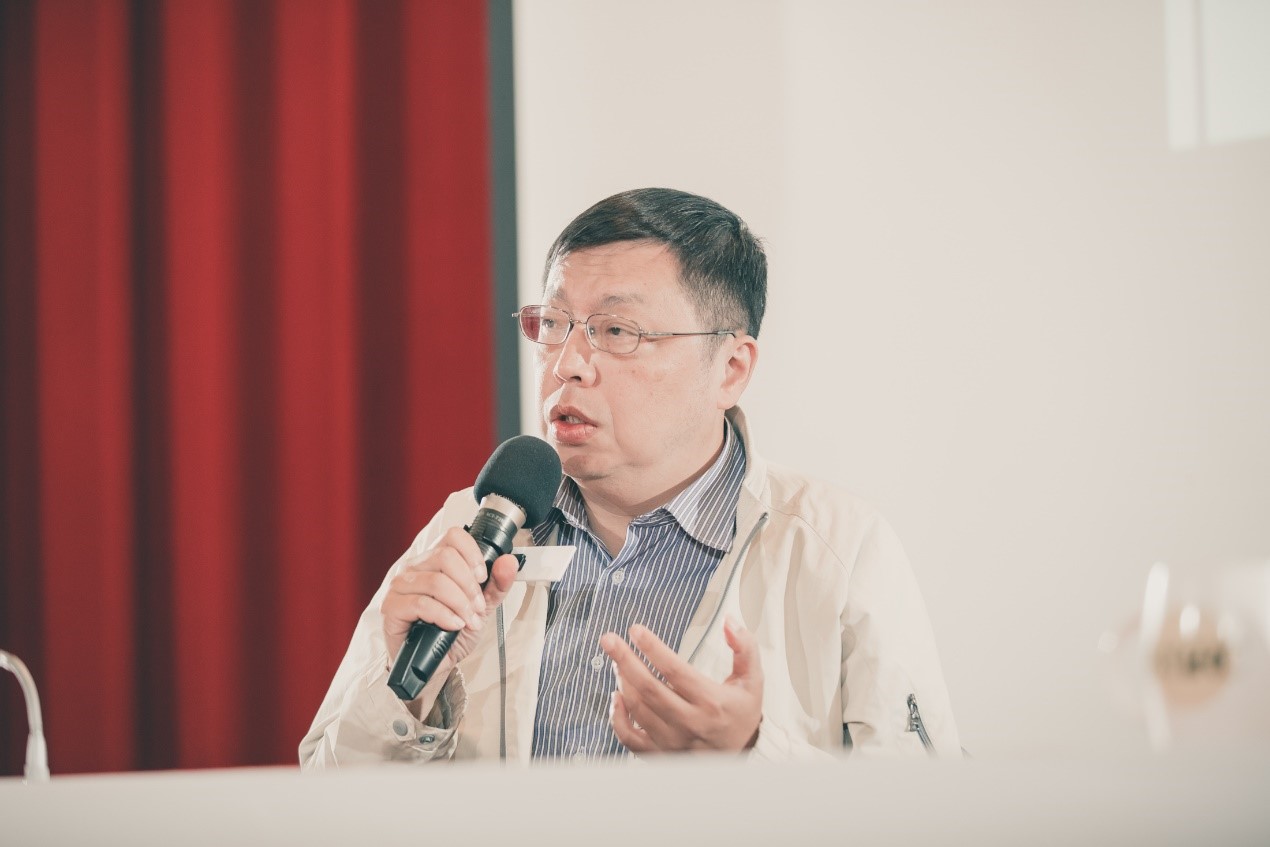
During the panel discussion that followed, Mr. Lai highlighted that local governments are nimbler than the central government, and the central government therefore needs to adapt to the pace of local governments. For example, the central government had initially decided to build demonstration sites for renewable energy to be replicated by other local governments but eventually realized that it had to change its strategy. It is therefore necessary to speak to local governments to understand their needs in energy transition, and to develop an approach that is customized to their needs.
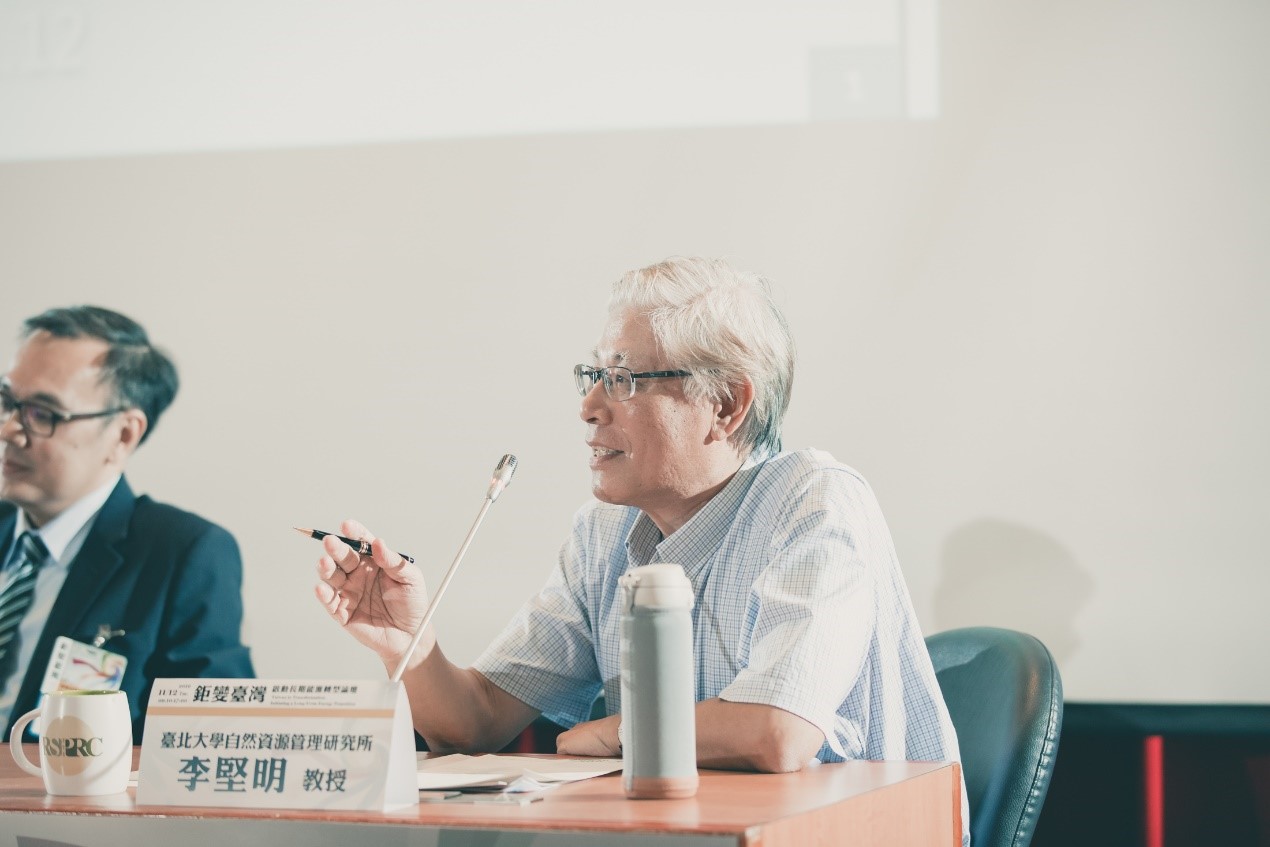
Prof. Lee added that local governments have different strengths, and different regions have differing expertise in wind or solar energy, and it is therefore important to focus on their strengths to help them develop. He added that in his role at the Bureau of Energy, he had to develop renewable energy targets for local governments, but later realized that different local communities had different strengths to address certain targets, and it was thus not possible to hold them to the same standards. In addition, resources need to be provided for them if they were to improve on their targets.
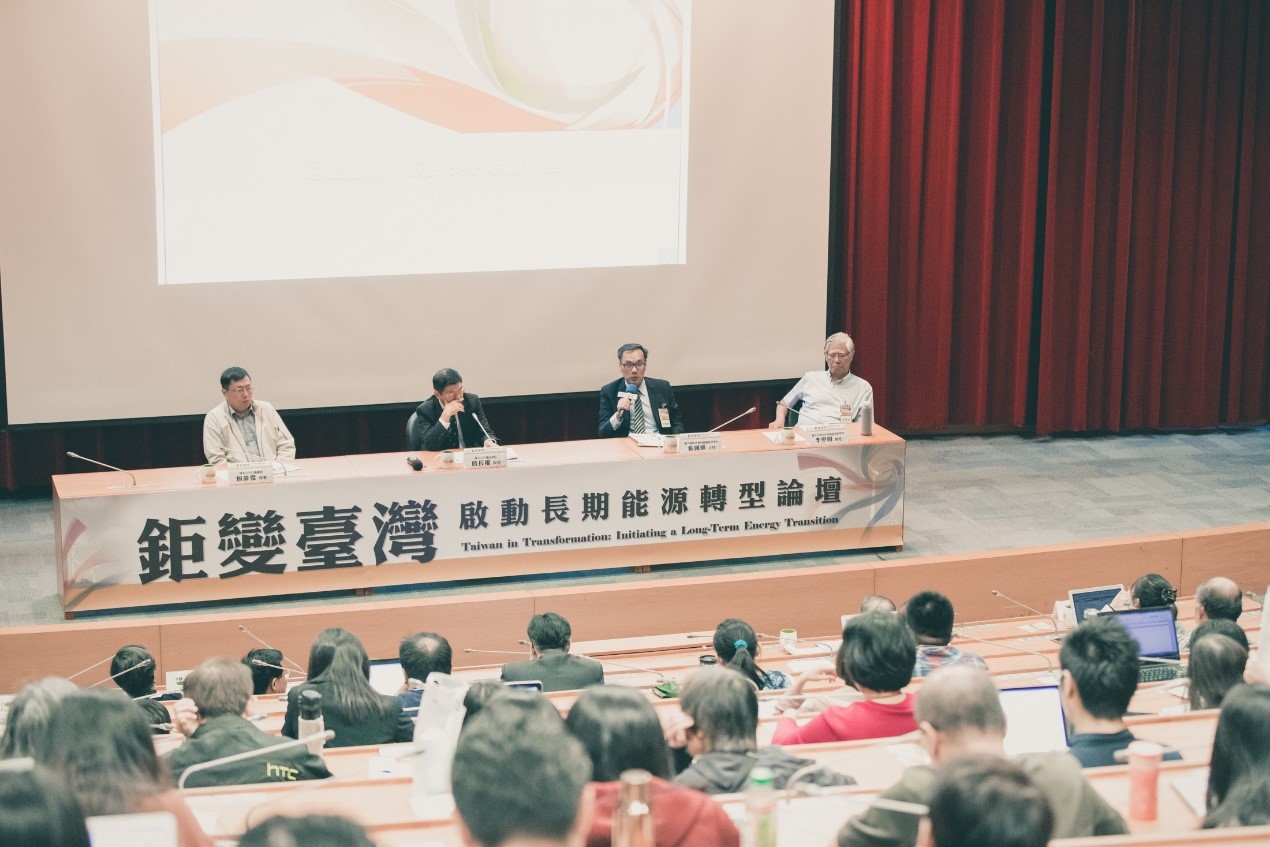

This work is licensed under a Creative Commons Attribution-NonCommercial-NoDerivatives 4.0 International License.
※The aforementioned may not be copied for commercial use without the center's consent, thank you.※

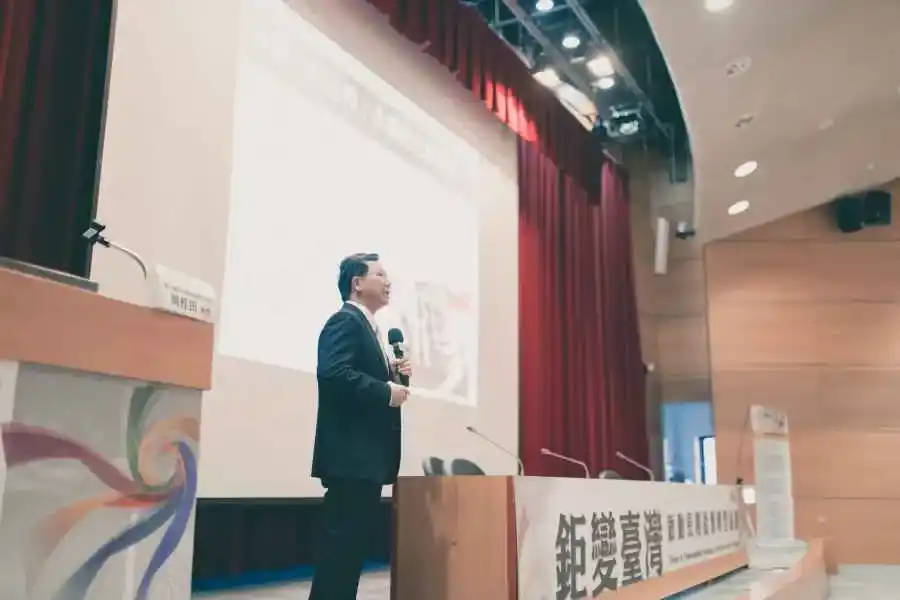

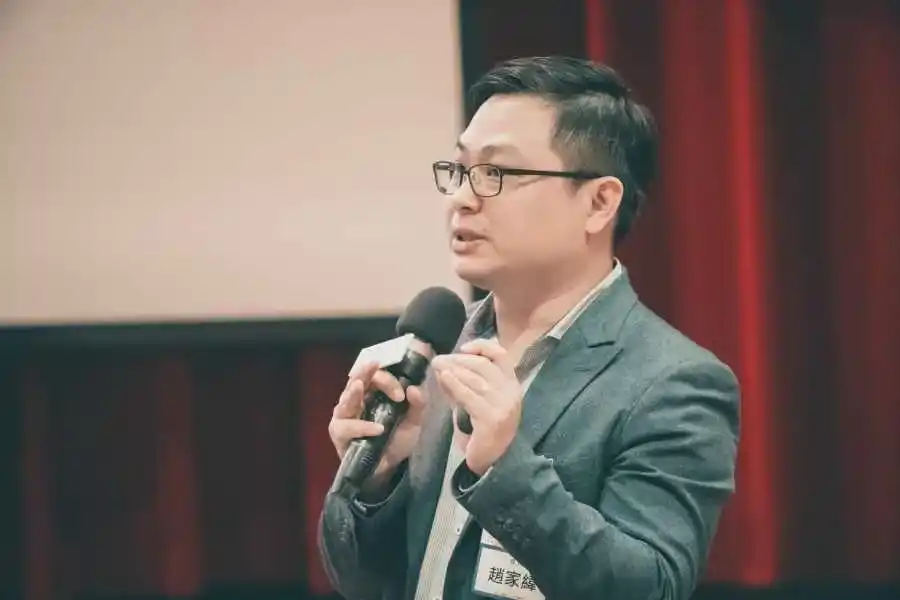
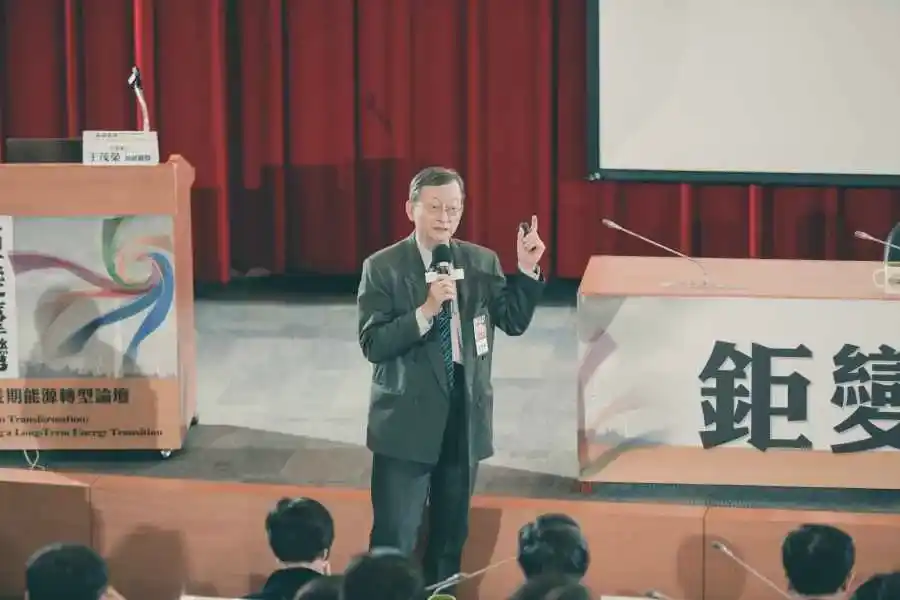
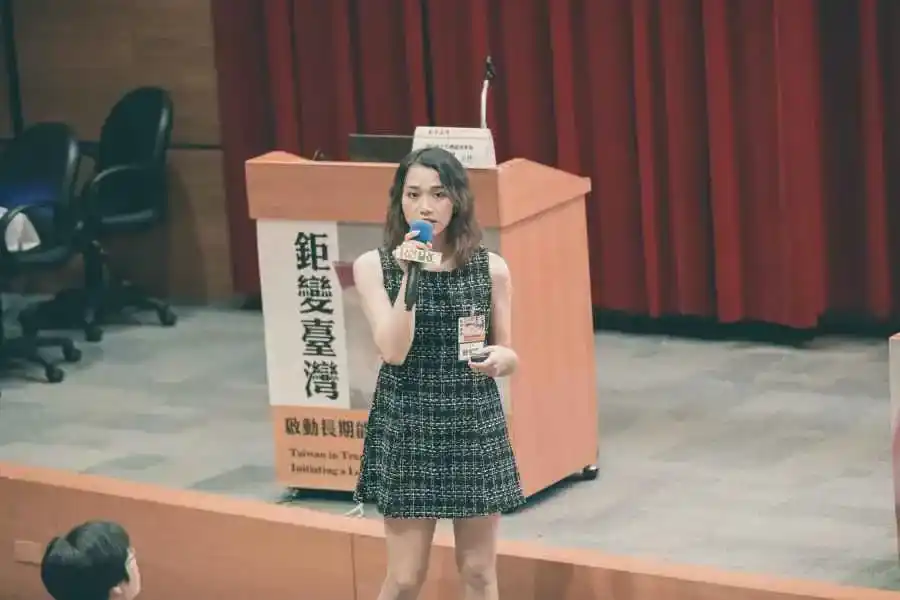
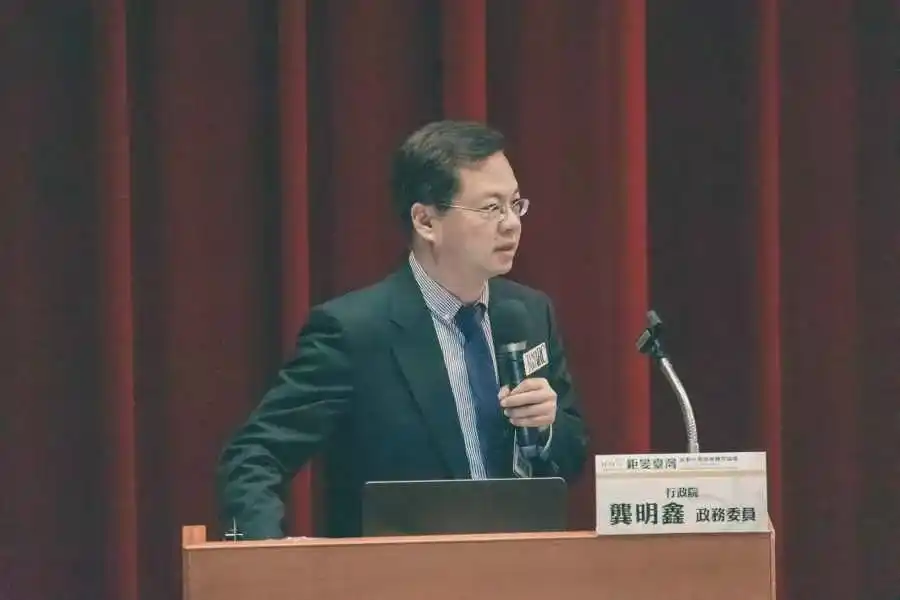
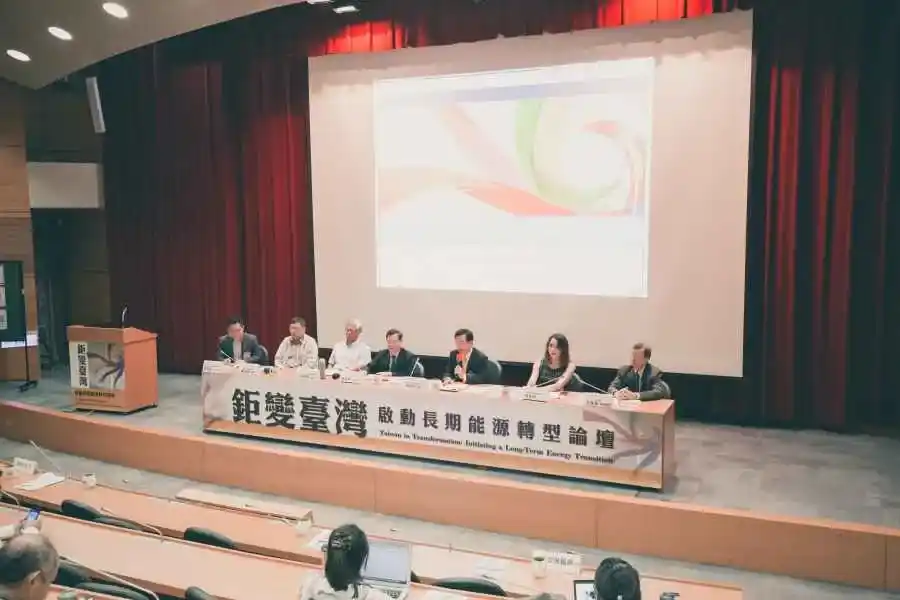

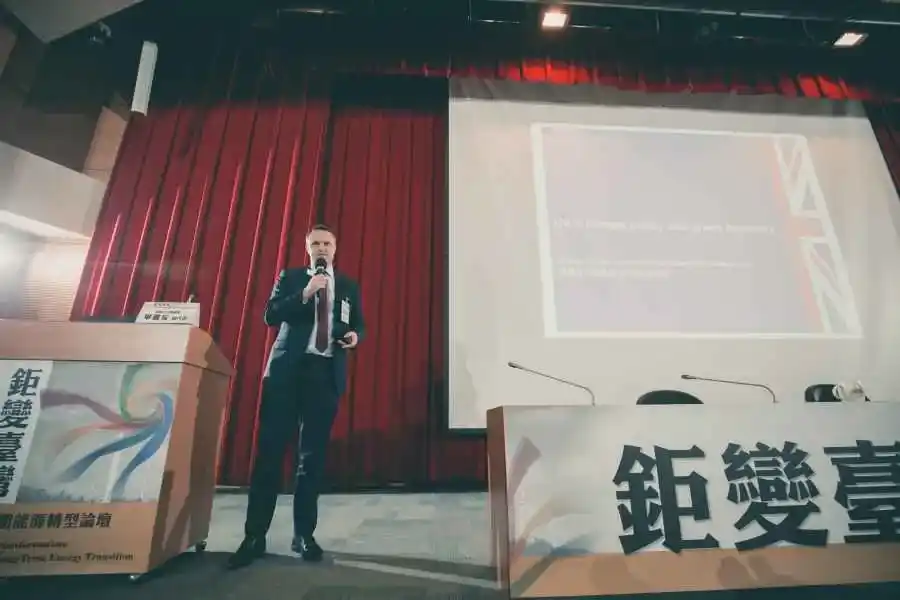

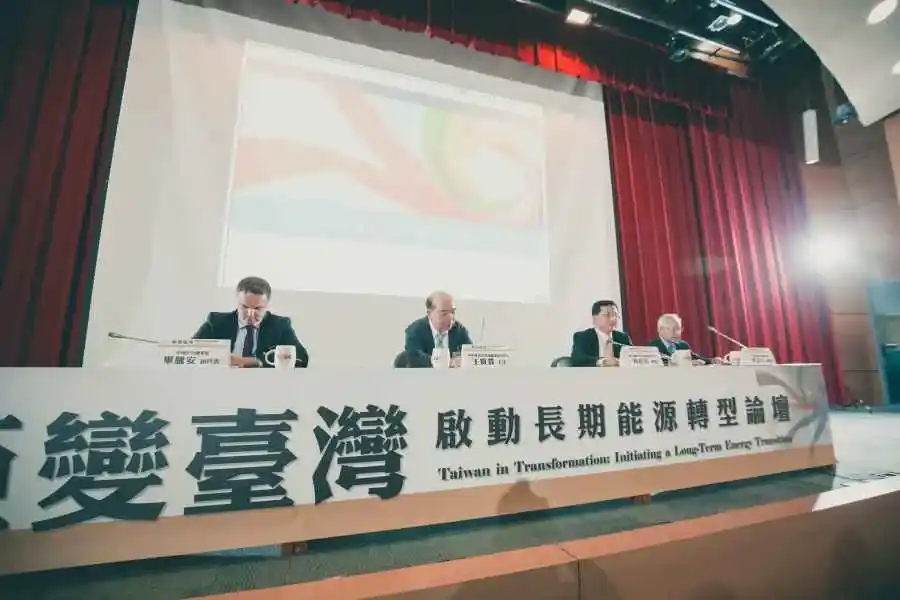
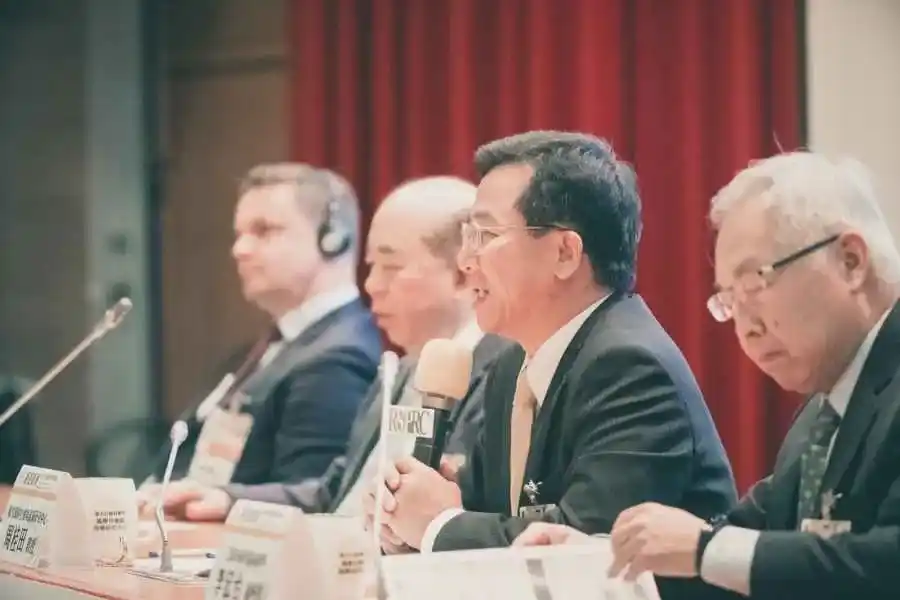
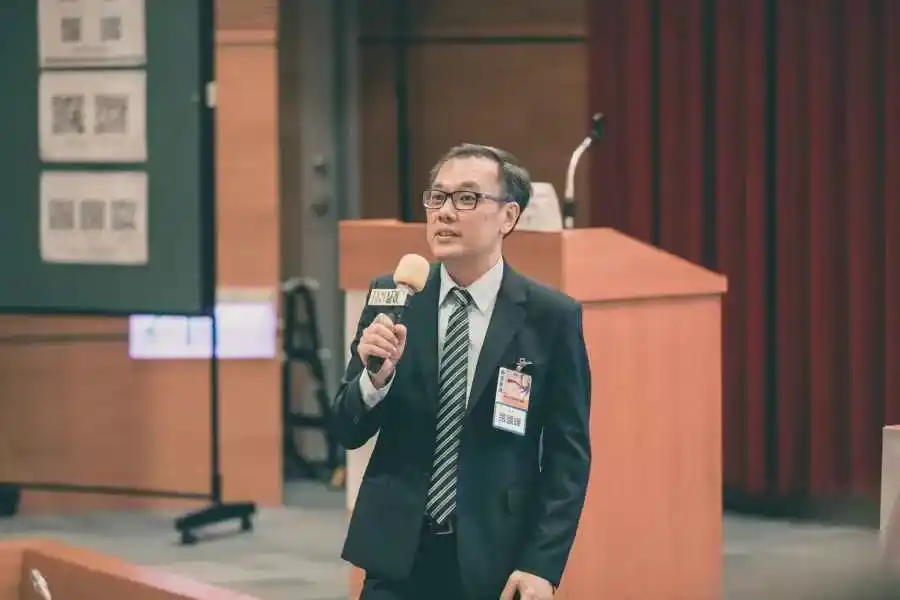
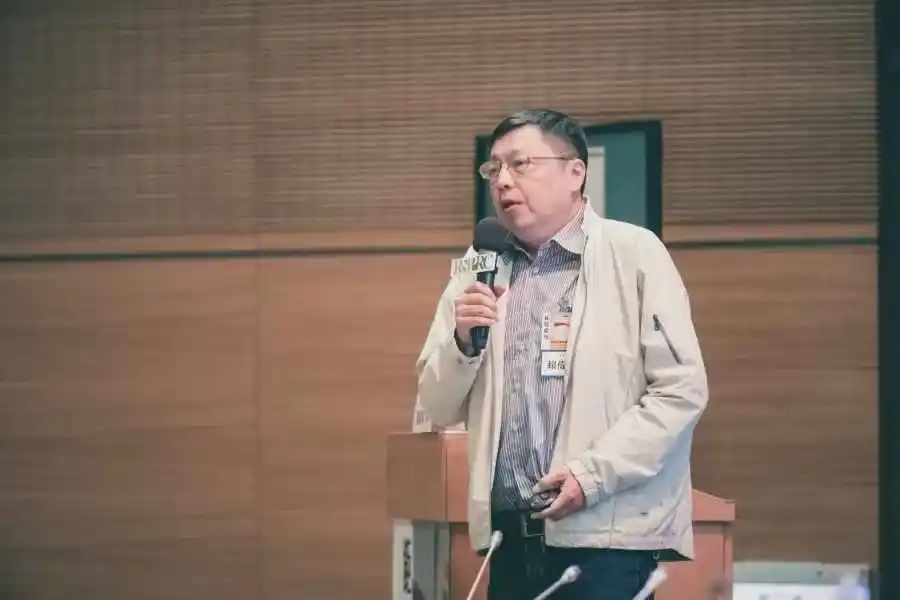
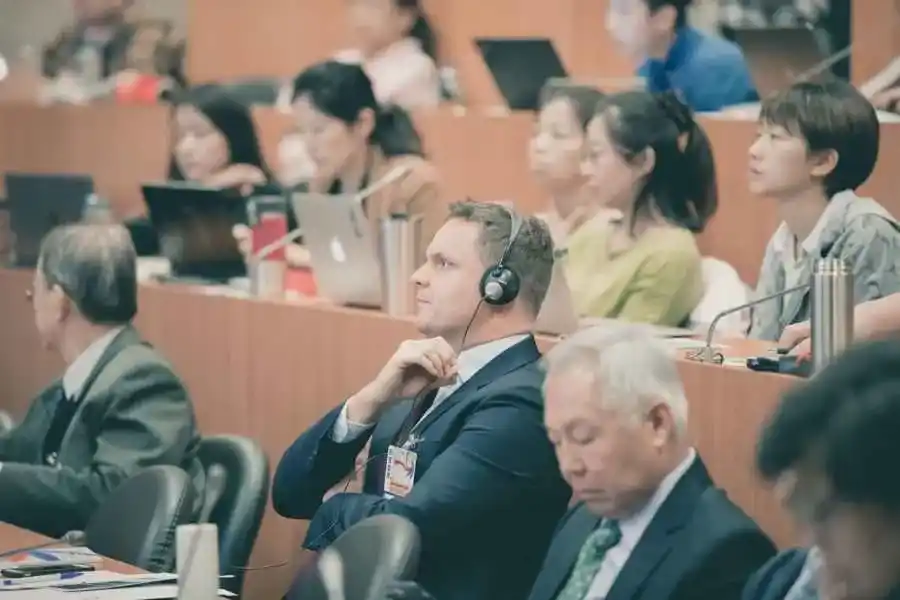
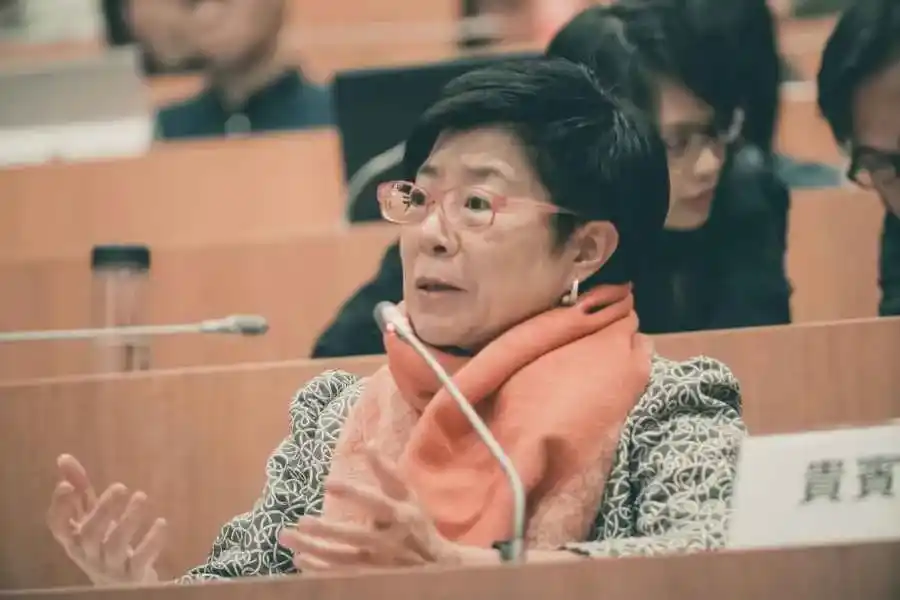

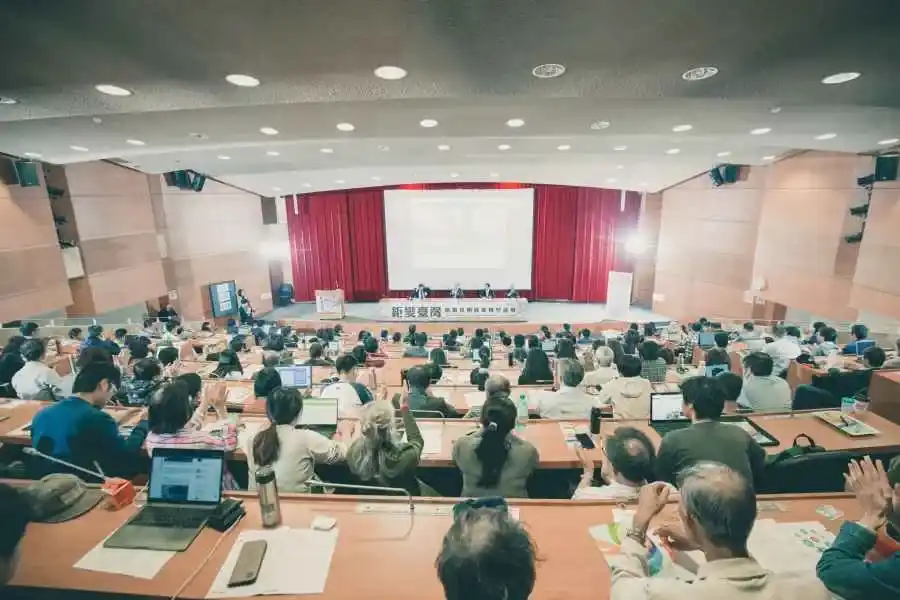

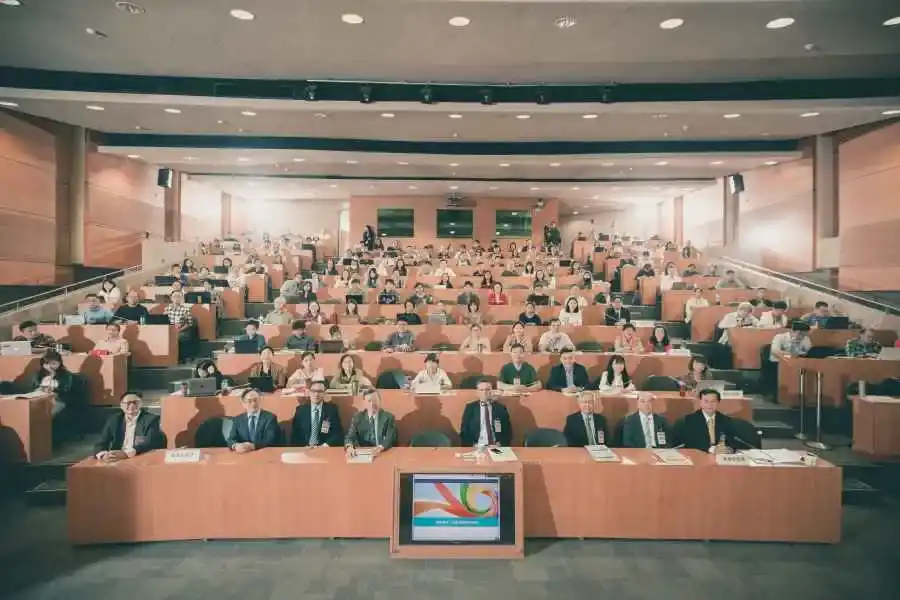
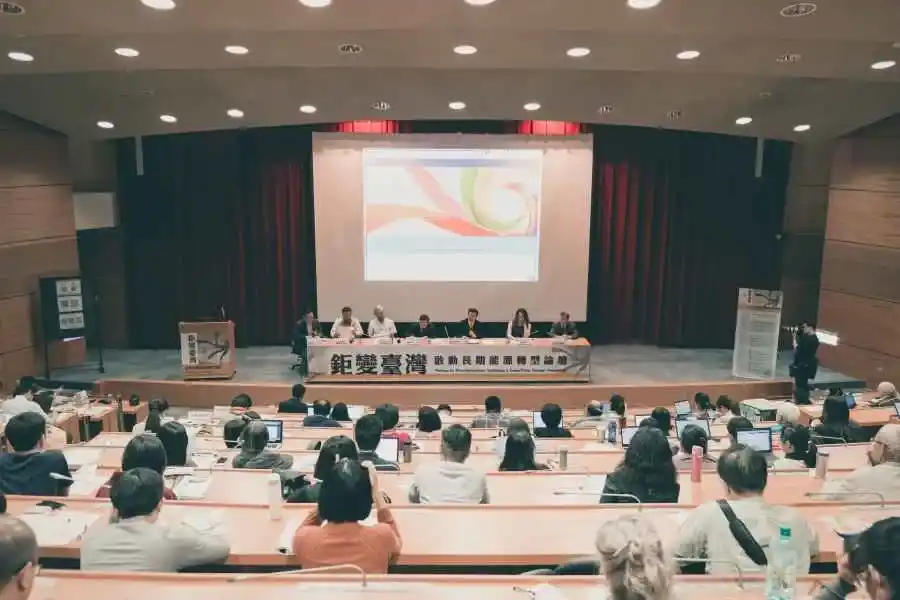
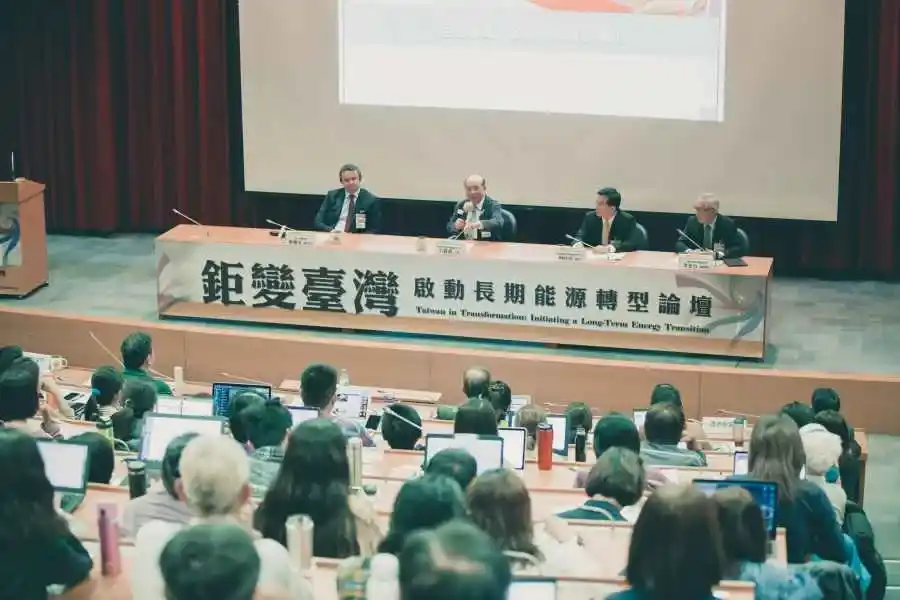
Links to Other Sections:
Part 1: Media Conference: Launch of the Taiwan in Transformation Report
Part 2: Special Lecture 1: Taiwan in Transformation – Initiating a Long-Term Energy Transition
Part 4: Breakout Session 2: Implementation of the Industrial Energy Efficiency First Principle
Part 5: Special Lecture 2: Achievements and Challenges of Taiwan's Energy Transition